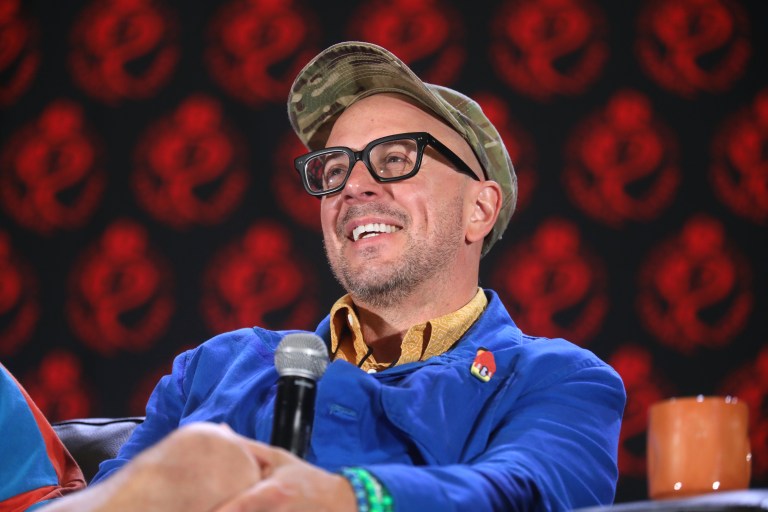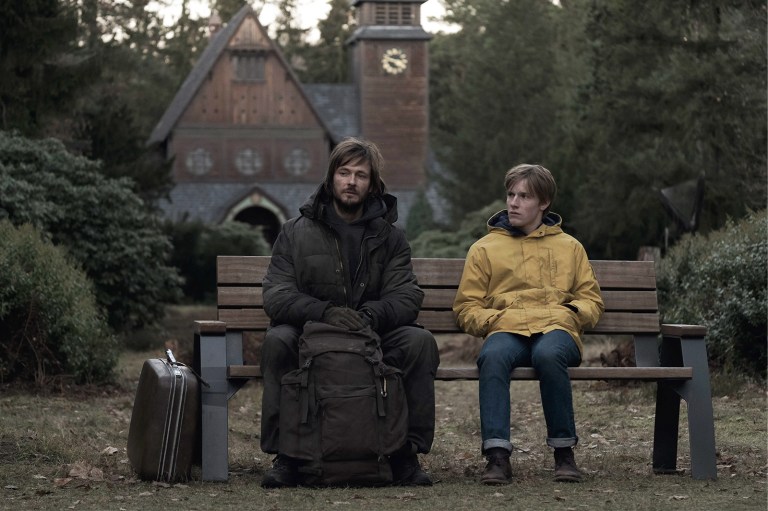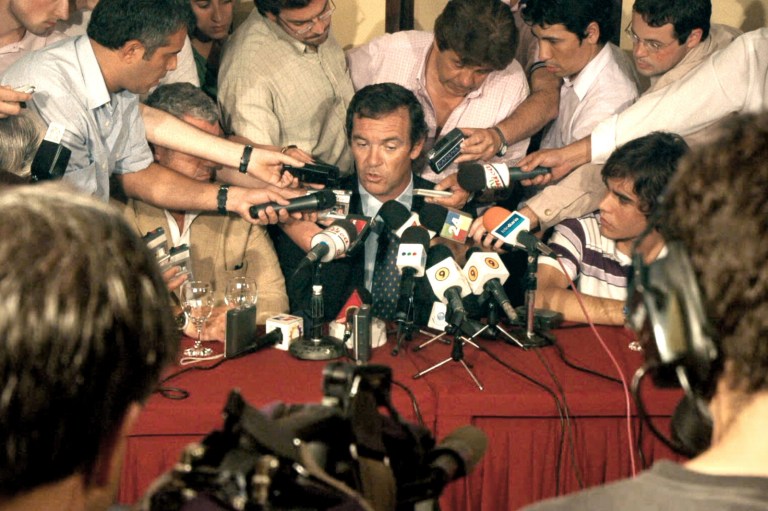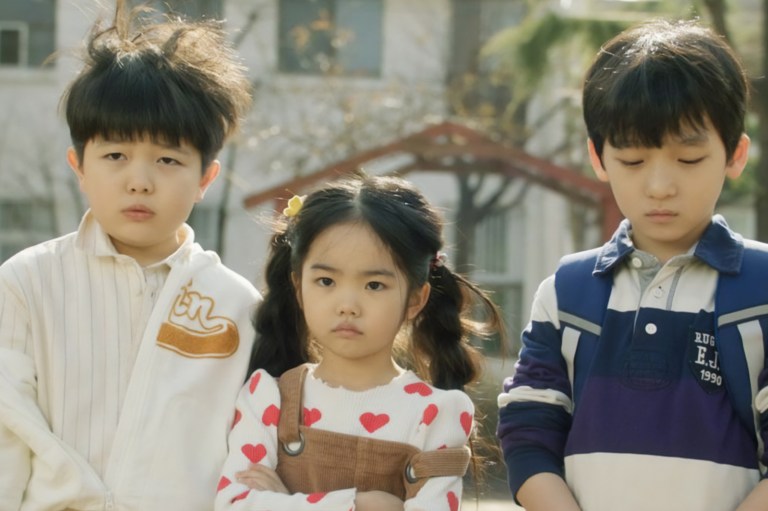
10 Confessions Of Someone With Depression
Treat me like I'm me, not like I'm going to shatter at every moment. That helps more than you could ever know.
By ![]() Ella Ceron
Ella Ceron
1. There’s a difference between sadness and depression, and though that doesn’t take away from a diagnosis, it is empowering as a distinction.
Though you may feel depressed, a person who has depression is not always a “depressed person,” in whatever way — hyperbolic or otherwise — that phrase has come to mean. I was diagnosed with clinical depression, anxiety, and obsessive tendencies when I was a teenager, but I probably exhibited symptoms of depression long before that. Still, I didn’t understand why sometimes I would just feel sad, and sometimes I’d suddenly just find everything to be entirely too much and shut off from the rest of the world at the drop of a hat. Those moments were stronger than your run-of-the-mill sadness. Slowly, you learn to distinguish what is just feeling sad and what is depression, and you begin to strategize when it comes to seeing each one through.
2. One of the most useful strategies I’ve found, plain and simple: make it a point to laugh every day.
Especially on the days when things just feel godawful and sad and like there is nothing really worth laughing about, I force myself to laugh — and to make myself laugh if I can. I think up little jokes, I talk to friends who I think are funny, I watch a show I really love, anything to just remind myself that you can be sad and laugh in the same day, and even at the same time. Your depression is only one facet to you, no matter how much it may loom over you and cloud the rest of your emotions, but forcing a little bit of laughter in daily works wonders. (Honestly, it’s when I’m saddest that I tend to make the most jokes. It provides for a good distraction).
3. Still, there are some days when things just hurt. That’s nothing to run away from. That’s something to embrace as — wait for it — normal.
The expectation that life is supposed to be breezy all the time is dangerous. It’s not breezy all the time, even to the most well-adjusted individual. Expecting life to always be easy leads you further down the rabbit hole of feeling terrible when you’re trying to force yourself to be better, to be less depressed, to just “snap out of it.” Sometimes, you can’t. Often, you shouldn’t.
My bad hours and days happen most when I’m forcing myself to take a break and can’t escape my own thoughts and fears and anxieties with work or friends. Things will just hurt, and I’ll find myself wondering if people on the subway know that the girl sitting next to them is fighting off a panic attack — they have to know, right? Oh god it’s so obvious is usually my train of thought — or I’ll sit in the shower and just let the water run over my body, or I’ll listen to sad music and just cry. Because you can’t always escape those emotions. Every now and again, it just hurts for no reason at all, and it becomes tiring to try to outrun the heaviness of it all. Sometimes you just have to feel it.
4. I know a bad day doesn’t mean a bad life. We all know that. Maybe it’s time to learn that a bad month or a bad few years or a bad experience or relationship doesn’t either.
I know I have a good life, filled with amazing friends and a wonderful family. I genuinely love my job (and a lot of people, with or without depression, don’t always feel that way about their jobs, so I know that makes me a little weird in its own merit). I have tons of things to be thankful for, and I am thankful for them.
My brain is just wired a little differently — whether it’s chemical imbalance or a rocky adolescence or just too much emotion zooming around my head is up for debate. It’s probably a combination of the three, and none of those hold any bearing on how I value the world I’ve made for myself. It’s just an entirely different matter I’m dealing with. You can have a wonderful life and still be depressed. The latter doesn’t mean you’re any less grateful for the former.
5. I know I am lucky that my depression is, for the most part, manageable. It really can be.
Most forms of depression are, and whether that is due to medication, therapy, exercise, or a combination of those or anything else varies from person to person. I hated the way medication made me feel, and I know that was probably a matter of not finding the proper medication or dosage, but after cycling on and off more pills than I care to remember, I had to make the decision that I didn’t want to send my body through any more chemical roller coasters in the hopes of finding what might work for me. I began running and eating a plant-based diet instead, and that works for me. Some people find the right dosage on the first try, if medication is what they want. Some people aren’t so lucky, and they do try multiple prescriptions before finding the right thing. A lot of people go to therapy. Some people turn to exercise, or other methods of sorting their brains out. No one choice is better than the other. No one coping mechanism is for more “serious” or “mild” cases of depression than the other, and no one prescription is a cure-all for every form of depression. We’re each all trying to deal in our own way, and however that way is made manageable is the way you ought to go.
6. … You know the dementors in Harry Potter? I wish those were real creatures.
Really, I do. Explaining away something with spectral, undead, happiness-feeding evil creatures that suck your soul out of your body and leave you as a dark shell is A) a pretty accurate description for depression anyway, and B) sounds a lot cooler than synapses misfiring and needing to get some endorphins pumping in my brain again. Also, I’d like an excuse to eat chocolate like that.
7. If I let you know I’m feeling depressed, I’m genuinely not trying to drag you down with me.
If anything, knowing that another person I love and care about feels affected by a mood that, for the most part, I largely can’t help is enough to make me feel guilty on top of the myriad of emotions I’m already sorting through. It’s not a good feeling. I’m not asking you to try to “fix” me, or to take on the burden of my sadness — I wouldn’t wish that on anyone. Letting someone know you’re depressed is not a cry for help — it’s just a method of reaching out and hopefully feeling less alone.
8. There are entire days where you feel like a completely normal human being – whatever that is.
And there are days when it feels like winter is endless and everything is just overwhelmingly heavy, but talking about those days feels like dwelling. You have to sift through them, of course, but sometimes it helps to just enjoy the good days for what they are. Understanding why they’re good sort of defeats the point — sometimes you just have to revel in the fact that you feel good. Analyzing it would only put stress on it, and I imagine that sometimes people who don’t have depression aren’t all that consumed with breaking down the concept as to why they’re happy — they just are, in that moment. And someone who has depression often needs to cling that much more tightly to the good days, and enjoy them for what they are.
9. You don’t have to look like the stereotypical “sad person” to have depression.
After all, tons of really successful people — including comedians, who always seem to be the antithesis of what people imagine depression to look like — have had depression. Some of them beat it, some of them cope with it, and some of them unfortunately don’t. You never know what kind of battle someone is facing. Sometimes, even putting that much more effort into how you look or how you present yourself can keep your demons at bay, if only for a few hours or a day. If that is all you need to get through another moment in the here and now, then that will serve as enough. Beautiful things often come from the most tortured places, and making art and laughter and culture from a place of depression is no different.
10. I don’t want you to treat me like I’m fragile. This isn’t about being “lesser” for experiencing a human condition. This is about being honest about something that a lot of people deal with.
And I don’t always need to talk about the stuff that’s on my mind, but sometimes, it does help to sort things out. But there is a difference between going to a friend for commiseration, and seeking out therapy, and most people with depression know that it’s unwise and even a little unsafe to treat a friend as a therapist. (This is why though I’ve been in therapy for over a decade, I can’t provide any more insight than my own, whatever that is worth in the scope of someone else feeling less alone.) But if I tell you that I’m feeling depressed, I don’t want you to tiptoe around me. I’m just letting you know so that you understand that whatever it is that is dragging me down isn’t on you. That’s not your burden to bear. And even your just being around me and treating me like I’m still just another normal human being with a correctly calibrated emotional spectrum helps. Treat me like I’m me, not like I’m going to shatter at every moment. That helps more than you could ever know. ![]()











